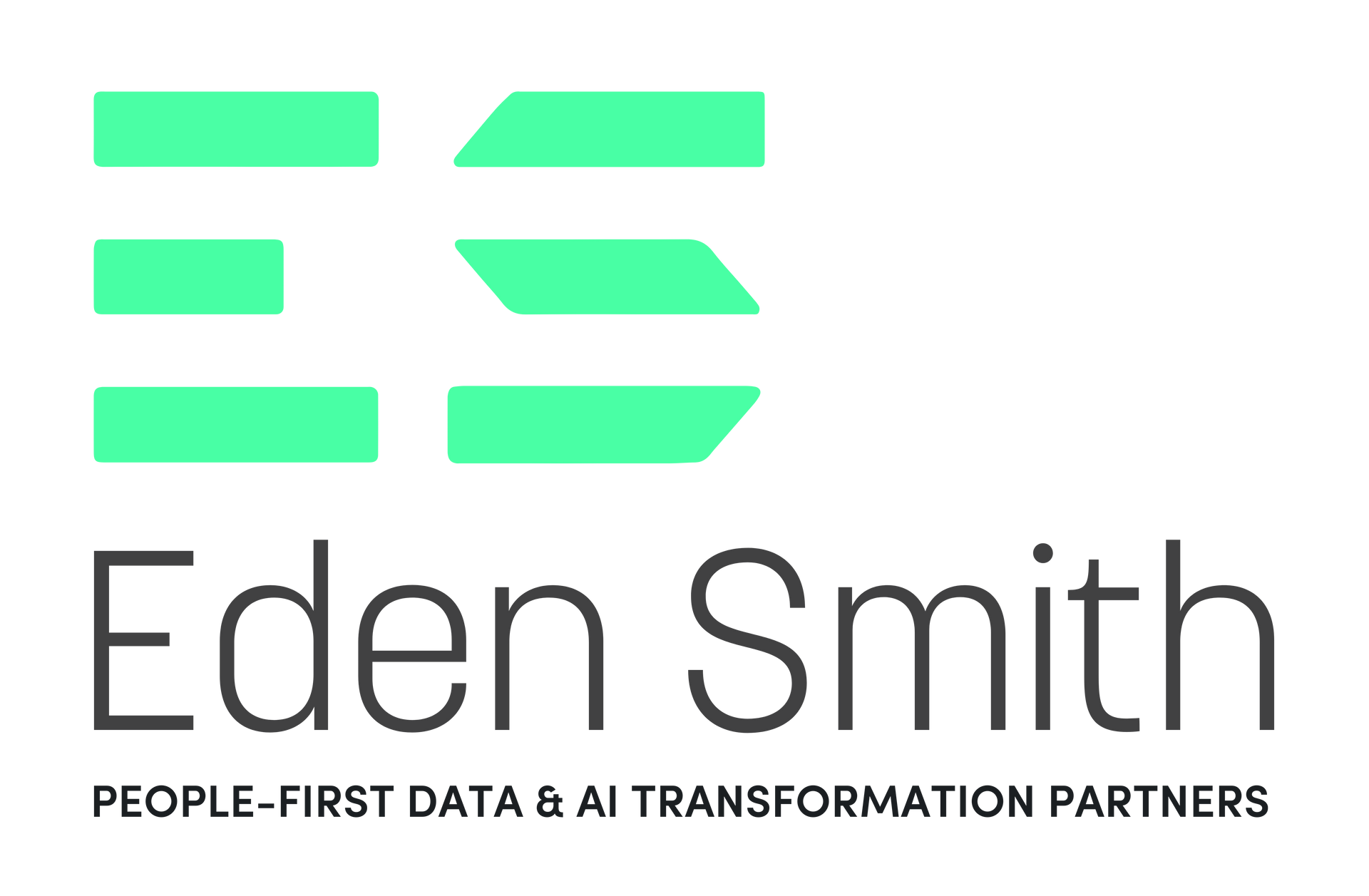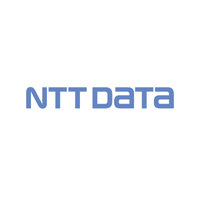The Future of Hiring in Data
Blended Teams, Project Agility, and On-Demand Expertise
The way we build and scale data teams is changing, fast. As organisations race to harness AI, advanced analytics, and automation, the traditional “all-permanent staff” model is giving way to something more dynamic: blended teams.
This approach combines the stability of permanent hires, the flexibility of contract talent, and the strategic value of specialist consultancies. It’s a shift driven by the rapid pace of technology change, budget pressures, and the need for immediate, high-impact results.
For leaders, this isn’t just a staffing trend, it’s a blueprint for how to stay competitive in an era where skills evolve in months, not years.
Why Blended Teams Are Gaining Ground
The data talent market is both hot and highly fragmented. Roles like AI Engineers, MLOps Specialists, Data Product Managers, and Governance Leads are in high demand, but sourcing top talent can take months, and those skill sets may only be needed for part of a project’s lifecycle.
This is where blended teams offer a strategic edge:
- Permanent staff provide continuity, culture alignment, and deep business knowledge.
- Contractors bring in-demand technical expertise exactly when and where it’s needed.
- Consultancies offer specialist insights, frameworks, and delivery capability for complex challenges.
By designing teams this way, organisations can scale up for major projects, pivot quickly when priorities shift, and avoid overcommitting to skills that may become obsolete in 12–18 months.
From Projects to Products: Building for Agility
The modern data environment is increasingly project-based, from implementing a new AI model to building a governance framework. Many of these initiatives need an intense burst of expertise, but not a permanent headcount.
Blended models give leaders project agility:
- Start with consultancy-led strategy and road mapping.
- Integrate contract talent to accelerate delivery.
- Transition knowledge to permanent staff for ongoing operations.
This approach also helps prevent burnout in core teams, who can focus on business-as-usual while specialised project teams handle high-intensity sprints.
Forward-thinking organisations are even treating their data capabilities as products, with dedicated product managers, iterative roadmaps, and measurable business outcomes, making the blend of skills and contract types even more important.
On-Demand Expertise as a Competitive Advantage
The reality is, no organisation can house every data skill in-house all the time. Technology is moving too fast, and niche expertise is too valuable to sit idle between projects.
On-demand expertise allows businesses to:
- Access rare skill sets without the long-term cost.
- Move faster from concept to delivery.
- Reduce risk by tapping into proven external specialists.
This isn’t about replacing internal teams, it’s about supercharging them. When permanent staff work alongside contractors and consultants, knowledge flows both ways, creating a richer, more adaptable capability.
The organisations leading in data today aren’t just hiring for roles; they’re orchestrating ecosystems of talent.
What Leaders Should Do Next
If you want to future-proof your data hiring strategy:
- Audit your current capability - identify which skills are core, and which can be accessed on-demand.
- Map your project pipeline - understand when peaks in specialist skills will occur.
- Build trusted partnerships - with recruiters, contractors, and consultancies who understand your domain.
- Invest in knowledge transfer - so skills brought in temporarily have lasting impact.
The future of hiring in data isn’t about choosing between permanent or contract, it’s about getting the mix right to deliver value faster, adapt to change, and stay ahead in a rapidly shifting landscape.











